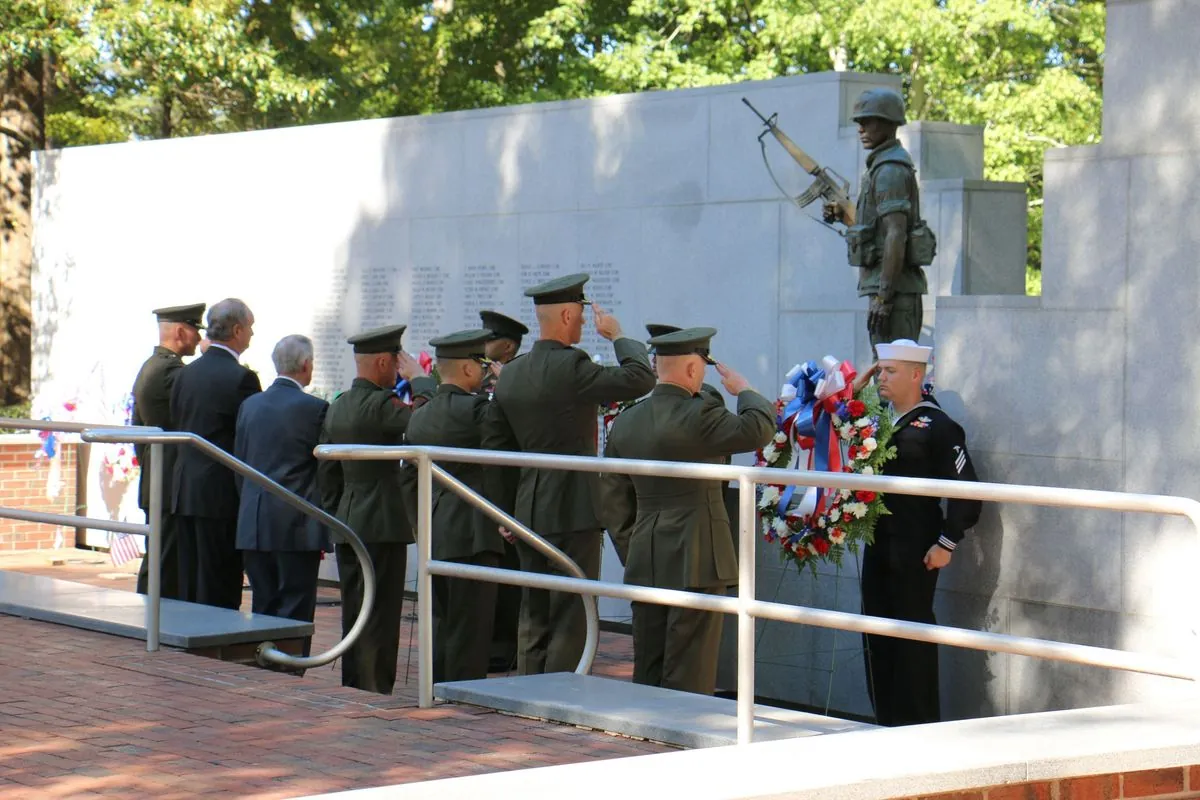The recent elimination of Ibrahim Aqil, a Hezbollah commander, in an Israeli airstrike has rekindled memories of the 1983 Beirut bombings, a tragic event that shaped U.S. foreign policy and military strategy for decades. The strike, which occurred two days ago, has brought a sense of belated justice to survivors and families of victims who have carried the weight of loss for over 40 years.
On October 23, 1983, truck bombs targeted buildings housing American and French peacekeepers in Beirut, resulting in the deaths of 241 U.S. service members and 58 French troops. This attack, along with the earlier bombing of the U.S. Embassy in Beirut on April 18, 1983, which claimed 63 lives, marked a turning point in American involvement in the region.
Steve Aiken, a retired Marine Corps sergeant major, recounted his experience as a young lance corporal off the coast of Beirut during the attacks. He was aboard the USS Inchon, assisting with the transfer of wounded service members to nearby vessels for medical treatment.
"You know, my story is just one of those tiny tragedies. Big tragedy for me. Big tragedy for my family. Everybody suffered these tremendous tragedies that blew their lives apart."
The bombings occurred in the context of a complex peacekeeping mission initiated by the Reagan administration in 1982, following Israel's invasion of Lebanon. The mission's nebulous nature and inadequate protection for troops led to criticism of the administration's decision-making.
The recent Israeli operation against Hezbollah, which resulted in Aqil's death, is part of an ongoing campaign to secure northern Israel from cross-border attacks. This action occurs against the backdrop of the continuing conflict in Gaza, which has resulted in significant casualties over the past year.
Hezbollah's formation in 1982 coincided with an escalation of violence against U.S. troops in Lebanon. The group has been implicated in numerous attacks on American targets, including the 1984 U.S. Embassy annex bombing in Beirut, the 1985 hijacking of TWA Flight 847, and the 1996 Khobar Towers attack in Saudi Arabia.
The Beirut Memorial in Jacksonville, North Carolina, stands as a solemn reminder of the lives lost. The site, featuring a grove of Bradford pear trees planted four decades ago, continues to draw visitors who come to reflect on the impact of these events.
While some, like Ray Mayer, a retired Navy chief petty officer, view the bombings as a catalyst for subsequent conflicts, others, such as retired Marine Corps general James Lariviere, question the lack of U.S. retaliation following the attacks.
As the international community grapples with ongoing tensions in the Middle East, the legacy of the Beirut bombings serves as a stark reminder of the enduring impact of such events on global politics and military strategy.
